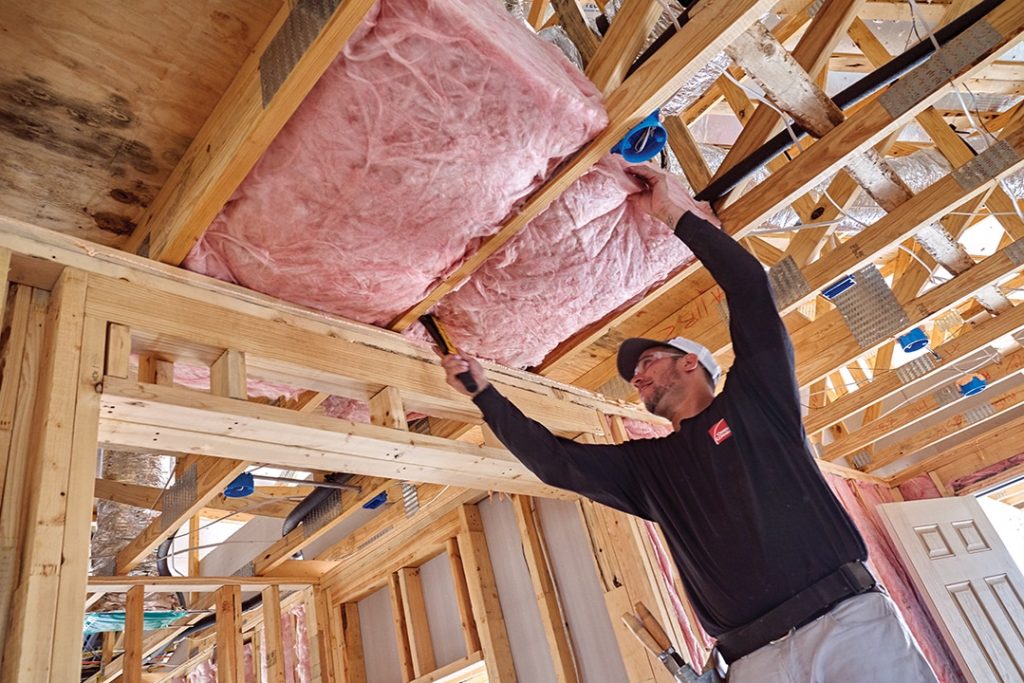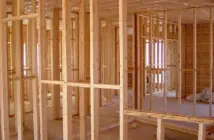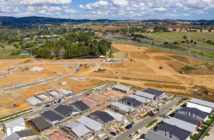Building and Construction Minister Chris Penk’s proposal to reduce insulation standards is misguided and a step backwards that threatens the health, well-being, and economic stability of New Zealanders, writes Jennifer Hamlin

Penk’s proposal comes in the wake of significant improvements to insulation and glazing requirements introduced in the H1 part of the Building Code (May 2023). These new standards were widely supported by the public and the building sector as an important step foward for New Zealand and were projected to reduce heating requirements in new homes by up to 40%, with an estimated upfront cost increase of only 2.8%. The new standards were designed not only to enhance winter warmth but also to reduce the energy demand for cooling in larger buildings—a crucial aspect for sustainability in our changing climate.
However, Penk argues that the current standards will impose excessive costs, citing potential increases of $40-50K per home and concerns that more insulation only exacerbates overheating issues as global temperatures rise. These assertions could not be further from the truth. Not only are the cost estimates inflated and not reflective of the true, modest increase in building expenses, they do not consider a more effective holistic approach to managing overheating – through proper ventilation and design considerations. Moreover, there is no mention of how reducing insulation will add unnecessary burden on our healthcare system related to skyrocketing healthcare costs from housing related respiratory illnesses.
Rolling back insulation standards threatens to force more New Zealanders into poorly insulated homes, exposing them to cold, damp conditions. Research by Professor Phillipa Howden Chapman, University of Otago outlines that a significant portion of Kiwi homes suffer from inadequate heating and insulation, with over a third reporting dampness and mould and that conditions like this will significantly increase the risk of respiratory illnesses, cardiovascular diseases, and mental health issues.
Poor housing isn’t just an inconvenience – it impacts respiratory health and overall quality of life. Children and the elderly, who spend the majority of their time indoors, are particularly vulnerable, facing increased risks of respiratory infections and other ailments directly linked to poor housing conditions. Yet, despite these compelling findings, improvements to New Zealand’s housing stock remains slow and uneven. The divide between owner-occupied and rental properties exacerbates existing social inequalities. Māori, Pacific peoples, disabled individuals, and those on low incomes disproportionately live in rental properties that are older, colder, and more likely to harbour mould. This disparity in housing quality directly correlates with higher rates of preventable hospitalisations and poorer health outcomes among these groups, further burdening the health system.
Economically, maintaining higher insulation standards makes long-term sense. Well-insulated homes are cheaper to heat, thereby reducing energy consumption and easing financial pressures, especially for low-income households. Not only do higher insulation standards future-proof New Zealand housing stock, they help us align with global efforts to combat fuel poverty and promote sustainable living practices that benefit both individuals and the environment.
Rolling back insulation standards represents a shortsighted approach that prioritises short-term cost reductions over long-term health, economic stability, and sustainability. Penk’s proposal is a significantly regressive step that undermines public health efforts and contradicts the industry supported standards seeking to ensure all homes are safe, affordable, resilient, and climate positive.
As we navigate the complexities of a post-pandemic recovery and a changing climate, the urgency to transform our approach to housing has never been clearer. We have the evidence, we have the solutions—what we need now is the political will and collective action to turn these aspirations into reality.
First published by Dan Saunders Construction: linkedin.com/pulse/government-suggestion-roll-back-insulation-standards-mihec/







